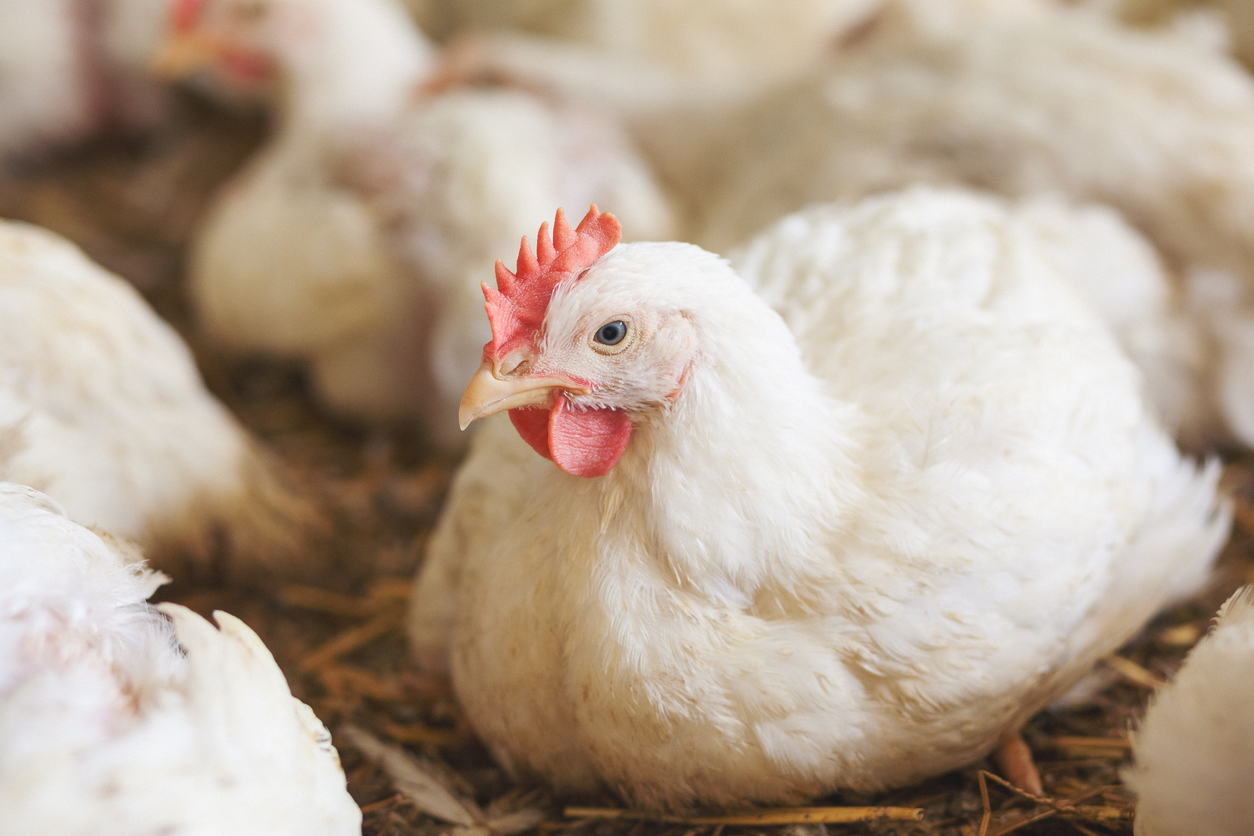Increasing labour shortages could seriously harm British food sector, says EFRA

Acute labour shortages are damaging agri-food industries and are set to get worse unless the Government steps in, according to a report by the Environment, Food and Rural Affairs Committee (EFRA) released this week.
Labour shortages were the biggest challenge for the British food and farming sector in 2021 said the the report. EFRA says there were approximately 500,000 vacancies out of 4.1 million industry roles last year.
Such shortages have already had a negative impact, causing concern especially around food security, animal welfare, and workers’ mental health.
Pig farming has witnessed some of the most drastic struggles, with 35,000 animals having to be culled due to lack of butchers available to process them.
Other adverse effects include crops being left to rot in fields, and overall supply chain disruption.
If action is not taken soon, the sector could face an increase in wages which would subsequently see a hike in prices, and would no longer be as competitive an industry. This in turn could force the UK to become more reliant on imports for fresh produce.
The low number of workers comes as a consequence of both Brexit and the pandemic. The last two years have seen many seasonal EU labourers leave the UK due to changing immigration and travel laws.
In 2021, the decreasing number of HGV lorry drivers was said to have caused a shortage of essential food items for British residents.
EFRA’s recommendations for the Government include reviewing aspects of the Skilled Worker Visa scheme, such as the English language requirement, and the high costs of visa applications. However the organisation also stresses that the country must not rely on workers from overseas.
The report also recommends the number of visas for the Seasonal Workers Pilot scheme are increased to 10,000 by the end of 2022.
It also recommends the Government increases its engagement with Britain’s agri-food industry, gives direct support to pig farmers, and develops educational and vocational programmes in order to increase the number of British workers in the sector.
Neil Parish MP, Chair of the EFRA Committee, said: “In 2021 farmers faced an extraordinary situation – crops were left to rot in the fields and healthy pigs were culled due to a lack of workers. This has serious implications for the well-being of the people who put food on our tables today and in the future. The Government’s attitude to the plight of food and farming workers was particularly disappointing.
“While some of the reforms put forward by Government have helped in the short term, and we agreed that we must look to expand the domestic workforce – this won’t happen overnight. In the meantime, it must use the powers available – including over immigration policy – to support the sector. Otherwise we will export our food production and import more of our food.
“Even more importantly, Government must change its attitude to the food and farming sector – trusting them and acting promptly when they raise concerns. Our food and farmers depend on it.”








